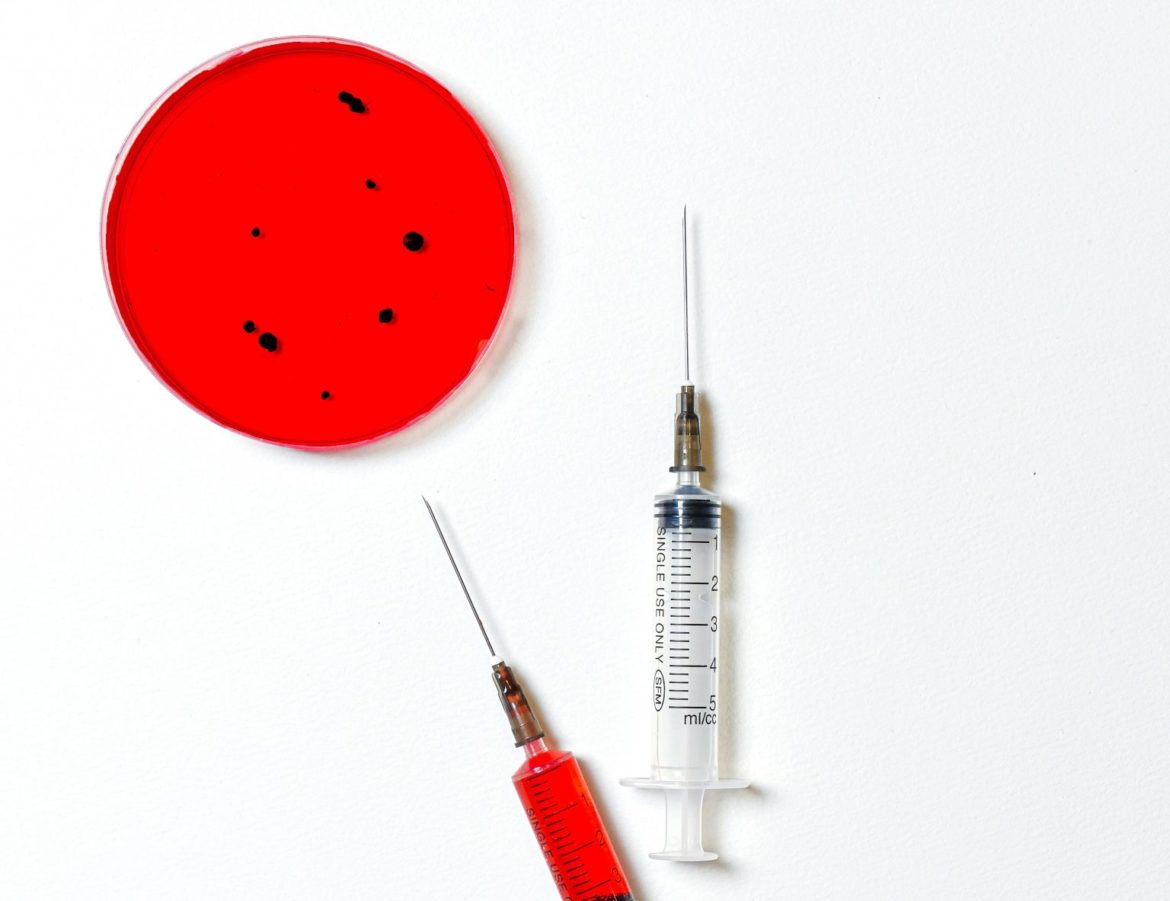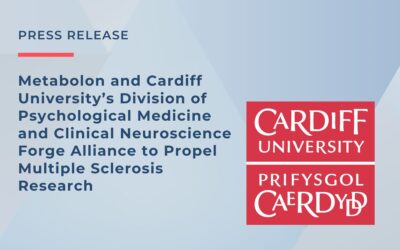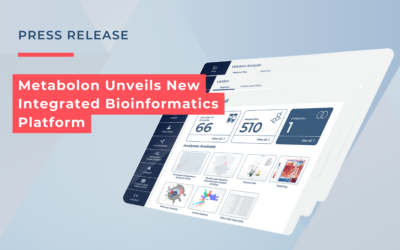
Type 2 diabetes, which affects over 30 million individuals at an annual cost of over $300 billion in the United States alone, results when the body’s normal metabolic response to a meal is impaired. This suggests that measuring changes in metabolites using a technology called metabolomics should provide clues into how the disease develops and how it can be treated.
In a study published late last year in the journal Cell, European scientists used Metabolon’s metabolomics technology to reveal that blood levels of the amino acid metabolite imidazole propionate were disproportionately higher among individuals with type 2 diabetes. The discovery led the researchers to further detail a potential role for this molecule in disrupting insulin signaling, which is at the heart of the metabolic problem in diabetes.
Humans and other mammals share their bodies and metabolites with diverse communities of bacteria, viruses, and fungi that are collectively called the microbiota. Disrupting this delicate balance may contribute to the development of diseases, including type 2 diabetes, while strategies that correct the disruption may represent new treatment avenues. Recognizing that humans lack the chemical capability to generate imidazole propionate and must obtain its parent compound histidine from the diet, the team led by University of Gothenburg Professor Fredrik Bäckhed hypothesized that the gut microbiota were responsible for the elevated levels observed in the diabetes patients. Sure enough, they found that a specific subset of gut microbes may have accounted for the difference.
Additional experiments in mice and cell culture demonstrated that the addition of imidazole propionate causes increases in blood sugar and a disrupted response to insulin that are the hallmarks of type 2 diabetes “By identifying previously unknown molecular targets for imidazole propionate, this study improves our mechanistic understanding of impaired glucose tolerance and opens avenues for therapeutic intervention,” said Metabolon Senior Study Director, Kasia Broniowska, who was not involved with the study.
Lifestyle considerations like diet and exercise have long been known to contribute significantly to the disease burden of diabetes. Because humans must obtain histidine from dietary protein, the researchers suggest that a better understanding of how gut microbiota metabolism generates imidazole propionate may lead to new treatments for type 2 diabetes.
Publication: A. Koh, A. Molinaro, M. Ståhlman, M. T. Khan, C. Schmidt, L. Mannerås-Holm, H. Wu, A. Carreras, H. Jeong, L. E. Olofsson, P.-O. Bergh, V. Gerdes, A. Hartstra, M. de Brauw, R. Perkins, M. Nieuwdorp, G. Bergström, and F. Bäckhed. (2018) Microbially produced imidazole propionate impairs insulin signaling through mTORC1. Cell. 4(175): 947–961.




